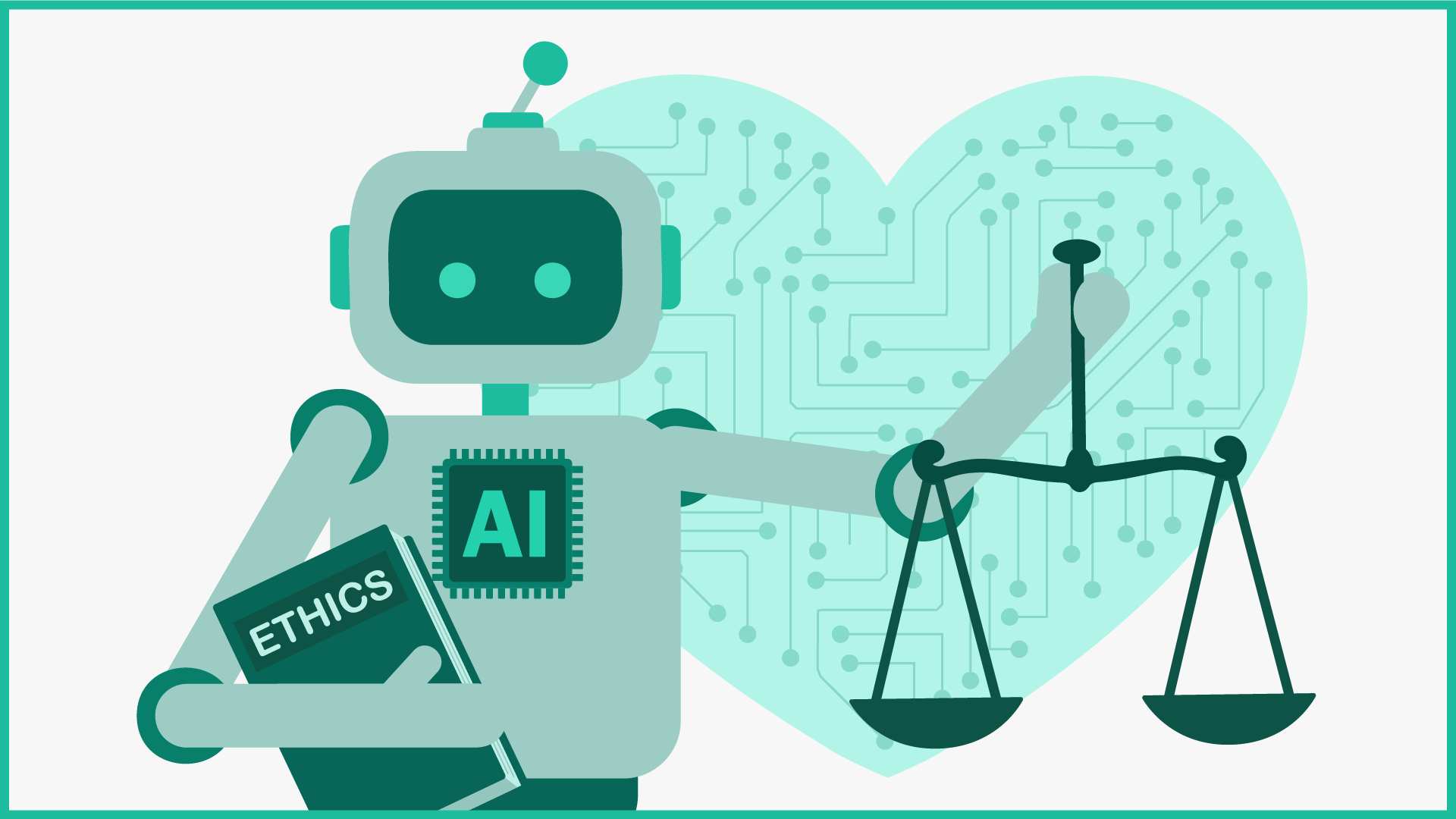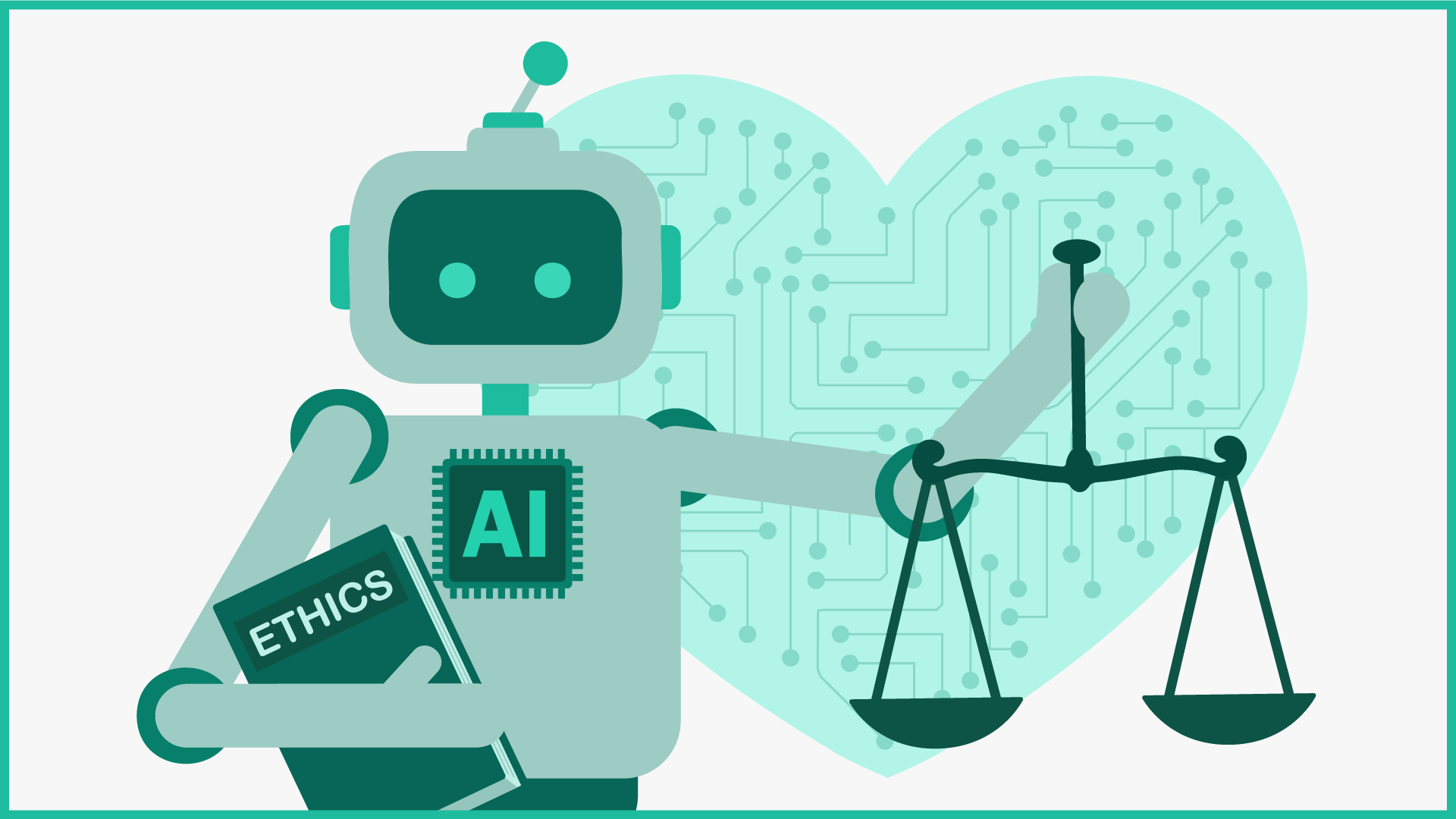
Have you ever wondered what “AI ethics” really means in today’s rapidly advancing technological landscape? As we integrate artificial intelligence into our daily operations, understanding the ethical implications is crucial. By 2025, 90% of commercial applications are predicted to employ AI technology. Yet, organizations are grappling with how to manage AI risks effectively. This article will delve into the core principles of AI ethics, current best practices, and actionable steps you can adopt to promote ethical AI development.
The Core Principles of AI Ethics
The core principles of AI ethics revolve around four fundamental values:
- Fairness: Ensuring equitable treatment across all users.
- Privacy: Safeguarding data and user confidentiality.
- Safety/Security: Designing AI systems that minimize risks.
- Transparency: Making AI operations clear and understandable to users.
Organizations need to implement these principles throughout the stages of AI development—from design and deployment to continuous monitoring.
Best Practices for Operationalizing AI Ethics
Operationalizing AI ethics requires more than just intentions; it demands concrete actions. Key strategies include:
- Establishing cross-functional AI ethics committees to oversee ethical implications.
- Adopting recognized AI governance frameworks, such as the NIST AI Risk Management Framework or the EU AI Act.
- Regularly mapping internal policies to these frameworks to manage risks systematically.
For more insights, explore this resource on balancing innovation with responsibility.
Importance of Audits and Monitoring
Regular audits and continuous monitoring can mitigate biases and defend against unfair outcomes, particularly in high-stakes sectors like finance and HR. Key recommendations include:
- Implementing transparency and explainability measures.
- Using standardized AI audits to ensure compliance.
These practices build trust and help organizations remain compliant with regulations. Read more about the significance of ongoing monitoring here.
Common Misconceptions About AI Ethics
As organizations navigate AI ethics, many fall prey to misconceptions:
- Ethical intent alone is sufficient: This belief can lead to ineffective implementation, emphasizing the need for structured oversight.
- Bias elimination is a one-time task: Bias in AI systems often evolves, necessitating continuous monitoring.
- Transparency is synonymous with explainability: Providing details about the model is not enough; explanation must cater to diverse audiences.
Emerging Trends in AI Ethics
As we look towards the future, several trends are taking shape:
- Standardized auditing processes to certify AI’s fairness and safety.
- A shift toward enforceable policies rather than aspirational guidelines.
- Greater emphasis on explainability—essential for public trust.

In conclusion, the focus on AI ethics is not merely a trend but a necessary component of responsible AI development. By incorporating fairness, privacy, safety, and transparency into AI initiatives, organizations can build lasting trust. Embrace these principles of AI ethics and contribute to a more responsible digital landscape.
We encourage you to share your thoughts and experiences regarding AI ethics in the comments below!
FAQs About AI Ethics
What are the core principles of AI ethics?
The core principles include fairness, privacy, safety, and transparency, essential for responsible AI development.
How can organizations implement ethical AI frameworks?
Organizations should establish ethics committees, adopt recognized governance frameworks, and ensure ongoing monitoring and audits.
What common misconceptions exist about AI ethics?
Many believe that ethical guidelines are sufficient, and that bias elimination is a one-time task, both of which are misconceptions.
Why is ongoing monitoring important in AI?
Ongoing monitoring helps detect and mitigate bias, ensuring trust and compliance in high-stakes sectors.
What are future trends in AI ethics?
Expect standardized audits, enforceable policies, and increased demands for explainability as key trends moving forward.
For more AI tools, click here.


